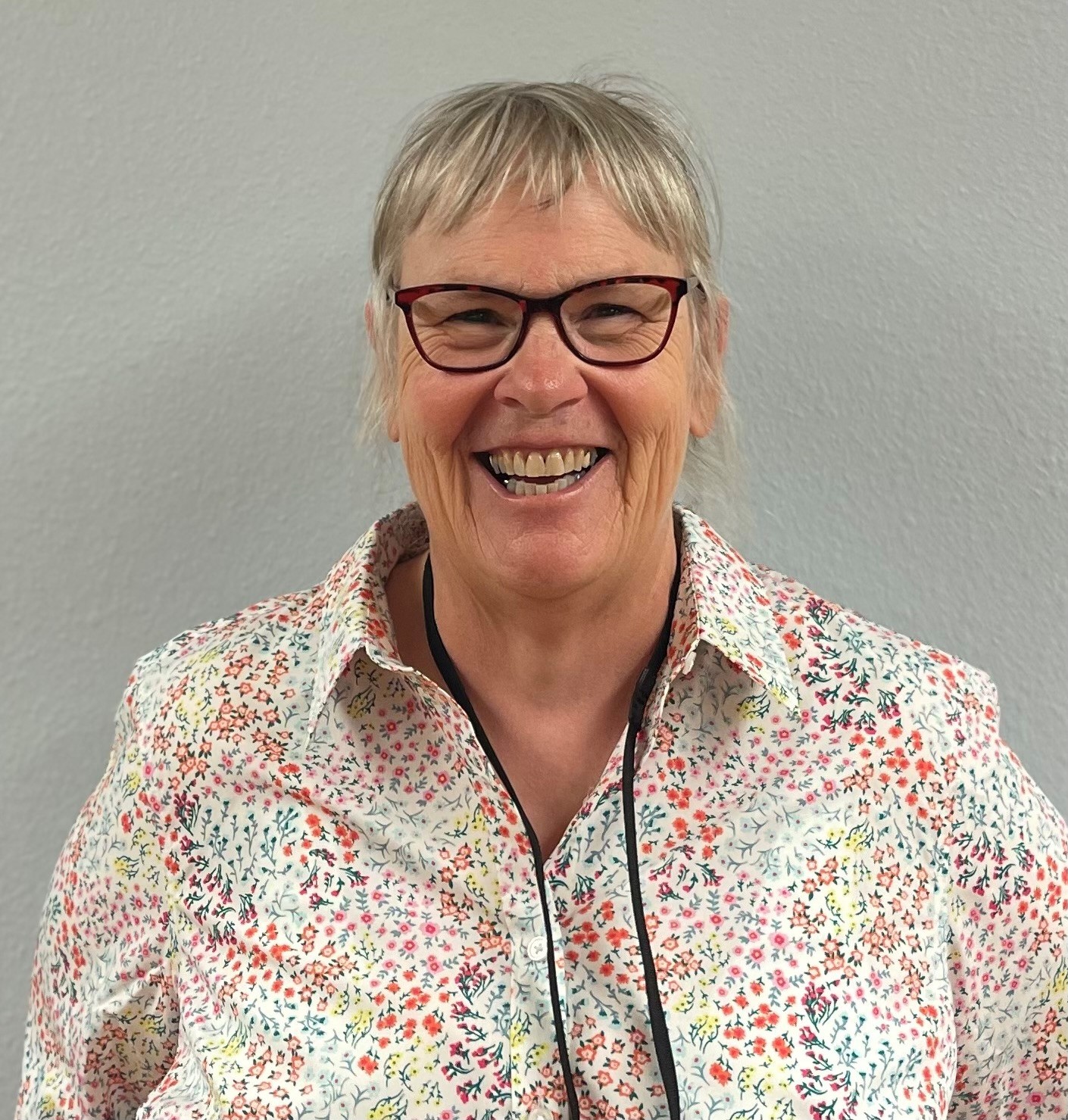University of New Mexico fellows in addiction psychiatry and addiction medicine are gaining needed expertise in treating substance use disorders (SUDs), thanks to a new training program at Turquoise Lodge Hospital.
The newly refurbished hospital at 5400 Gibson SE in Albuquerque specializes in medication detoxification, social rehabilitation and intensive outpatient services.
The fellows – physicians who undergo additional training after completing their residencies – will gain valuable experience while treating patients with complex needs, says Bellelizabeth Foster, MD, fellowship director in the UNM Department of Psychiatry & Behavioral Sciences.

Addiction treatment in New Mexico is very limited, and one of the biggest barriers is that providers are hesitant to treat SUDs due to lack of access to training in both inpatient and outpatient settings
“Addiction treatment in New Mexico is very limited, and one of the biggest barriers is that providers are hesitant to treat SUDs due to lack of access to training in both inpatient and outpatient settings,” Foster says. “When they do have a variety of levels of training, they become more confident treating clients at all levels.”
Foster collaborated with Snehal Bhatt, MD, chief of the Division of Addictions Psychiatry, Valerie Carrejo, MD, who leads the Addictions Medicine Fellowship in the UNM Department of Family & Community Medicine, and Turquoise Lodge medical director Patricia Pade, MD, to create a rotation at the hospital.
“The patients we’re seeing have lived with these conditions for years. They have experienced stigma and blame. They come to Turquoise Lodge and receive treatment in a clean, nice environment with people who treat them with dignity and respect,” says Daniel Pickrell, DO, an addiction psychiatry fellow who has worked at Turquoise Lodge since November. “As a learner, it’s good to see this level of complexity and to be able to follow them through their recovery journey.”
For Pickrell, the experience has brought about an additional realization.
“One of the good things about this experience is that I can see how addiction parallels other chronic diseases in a lot of ways,” he says. “There are certain things that are consistent in the natural course of long-term conditions, such as risk of relapse the longer someone has gone through treatment and remission. You can apply the same kind of description to chronic illnesses, such as hypertension, diabetes – and some cancers, too.”
Turquoise Lodge Hospital, operated by the New Mexico Department of Health, admits some of the state’s most complicated SUD cases and offers inpatient, residential and outpatient services.
“Imagine if medical students and residents could also see the full range of complexity with SUD treatment,” Foster says. “Consultation Liaison fellows could bring what they learn to other inpatient settings as well. This could have a tremendous impact on accessibility of care for addictions in New Mexico.”

